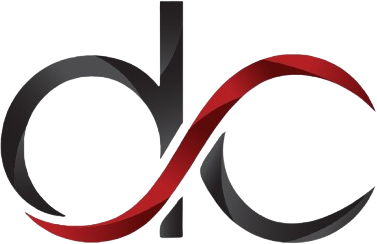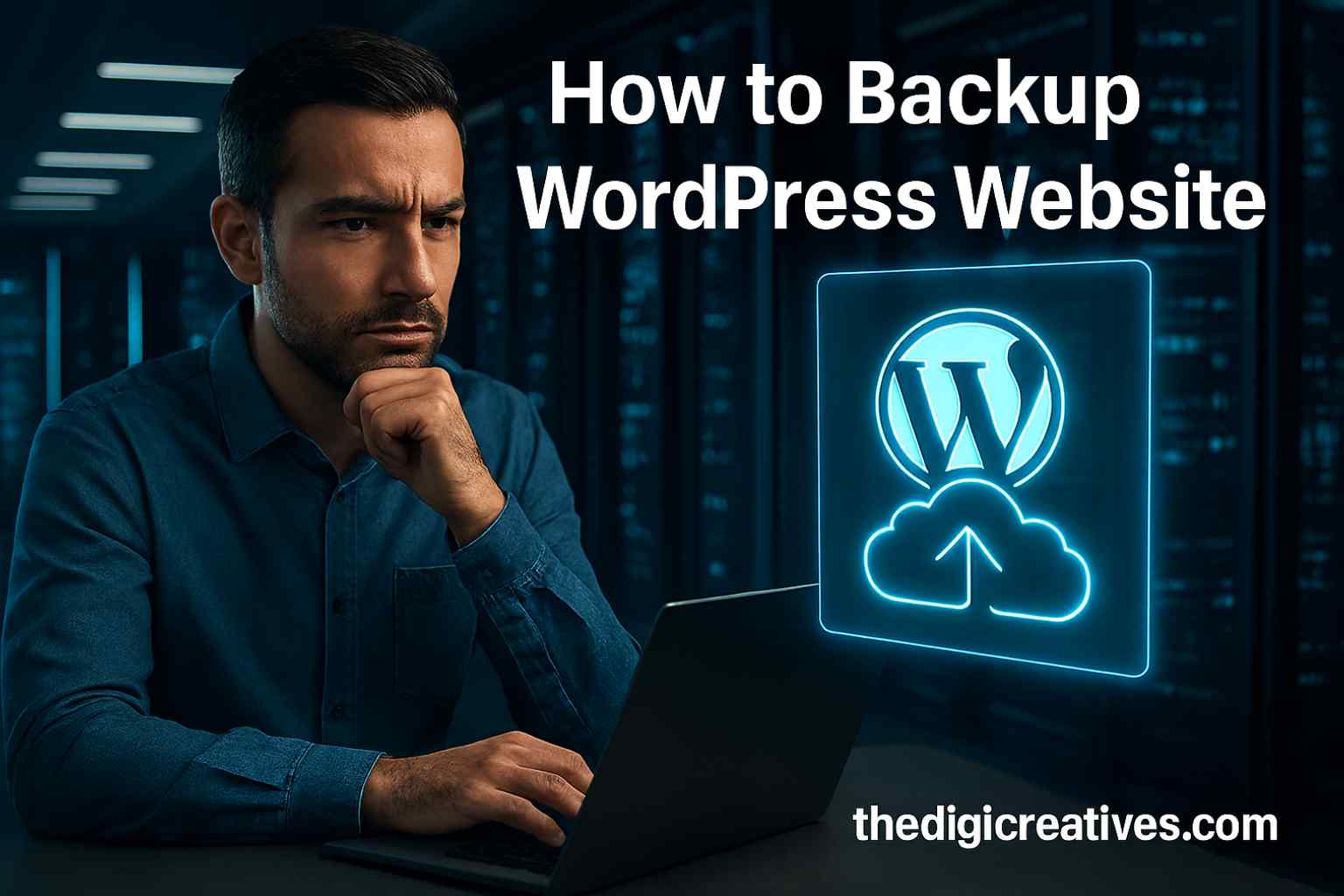Table of Contents
ToggleIntroduction
Digital marketing agencies today are under constant pressure to deliver results, scale faster, and maintain high client satisfaction. For many, expanding service offerings to include Google Ads is a no-brainer. Yet, hiring in-house PPC experts, managing client campaigns, and staying updated with Google’s evolving ad policies can be overwhelming. That’s where white label Google Ads services come in—a powerful, behind-the-scenes solution to grow your business without overloading your internal resources.
Whether you’re a freelancer, marketing consultant, or a full-fledged agency, understanding how white label Google Ads work and the opportunities they unlock can be a game-changer for your growth strategy.

What Exactly Are White Label Google Ads Services?
White label Google Ads services allow agencies to offer Google Ads management to their clients without actually executing the campaigns themselves. A third-party PPC expert or team manages the entire campaign under your brand name. From account setup and keyword research to performance monitoring and reporting, everything is done by professionals while you remain the face of the service.
This model not only ensures expert-level execution but also saves time, cost, and effort. Your clients get top-tier Google Ads results while you focus on sales, strategy, and scaling your agency.
How White Labeling Works in Practice
When an agency partners with a white label Google Ads provider, it typically follows a seamless process:
- Client Onboarding: You gather client requirements and goals.
- Campaign Strategy: The white label partner crafts a customized Google Ads plan.
- Implementation: Campaigns are launched and managed using industry best practices.
- Reporting: Branded performance reports are sent to you for client sharing.
Throughout the process, the white label provider works anonymously, ensuring your brand remains front and center.
Why Agencies Are Turning to White Label Google Ads
Agencies are increasingly adopting this model because it removes operational headaches and allows them to:
- Expand their service offering instantly
- Avoid hiring in-house PPC specialists
- Deliver better results through expert teams
- Focus on client relationships and business development
As digital advertising becomes more competitive, having a team of Google-certified experts manage your clients’ campaigns can significantly boost your agency’s credibility and client retention.

Core Benefits of White Label Google Ads
Let’s take a closer look at why this approach is gaining massive traction:
- Cost-Effective Scaling: No need to invest in full-time employees, tools, or training.
- Faster Time-to-Market: Onboard new clients and launch campaigns faster.
- Consistent Quality: Experienced PPC experts ensure campaign optimization.
- Custom Branding: Reports and dashboards carry your logo and voice.
- Confidential Partnership: The end-client never interacts with your white label partner.
A Comparison Table: In-House vs. White Label Google Ads
| Feature | In-House PPC | White Label Google Ads |
|---|---|---|
| Setup Cost | High (salaries, tools) | Low (pay per project/month) |
| Expertise Level | Varies by hire | Certified professionals |
| Scalability | Slower, resource-bound | Fast, instant team scaling |
| Time Commitment | High (team management) | Low (focus on clients) |
| Branding | Full control | Full control |
What to Look for in a White Label Partner
Not all white label providers are created equal. When selecting a partner, consider:
- Proven Track Record: Ask for client success stories and testimonials.
- Google Certifications: Ensure the team is Google Ads certified.
- Transparency: Communication, pricing, and deliverables should be clear.
- Flexibility: Choose a partner who adapts to different niches and budgets.
- Support and Reporting: 24/7 support and branded, data-rich reports are essential.
A reliable white label partner functions like an extension of your own agency—quietly delivering excellence while you shine in front of your clients.
Industries That Benefit the Most
While any agency can benefit, white label Google Ads shine brightest in niches like:
- Local businesses (plumbers, dentists, gyms)
- eCommerce brands
- Real estate
- SaaS platforms
- Healthcare and wellness
These industries require fast results and high ROI, which seasoned PPC teams can consistently deliver.
Real-World Success Scenarios
One marketing agency based in Austin, TX scaled from 20 to 80 clients in less than a year by using white label Google Ads. They outsourced PPC work while focusing entirely on client acquisition. Their brand reputation soared as clients received measurable, timely results.
In another instance, a UK-based consultant onboarded high-ticket clients by offering fully managed ad campaigns through a white label partner, even though he had zero prior PPC experience.

Risks and How to Mitigate Them
Every business model has risks. In white labelling, the main concerns include:
- Lack of control: You’re trusting another team with your clients’ results.
- Communication delays: Misalignment between you and the white label team can cause hiccups.
To mitigate these:
- Choose partners with a dedicated account manager.
- Establish SLAs (Service Level Agreements).
- Set up weekly sync calls.
Integrating White Label Google Ads Into Your Business
Here are a few ways to incorporate this service into your agency without disruption:
- Bundle with SEO, web design, or content services
- Sell as a performance-driven upgrade for existing clients
- Offer it in marketing funnels as a conversion booster
- Pitch during discovery calls or project proposals
This integration not only drives revenue but also boosts your authority as a full-service marketing expert.
Must-Have Tools for Campaign Success
A good white label partner leverages tools like:
- Google Ads Editor
- SEMrush or Ahrefs (for keyword & competitor research)
- Data Studio (for branded reports)
- Slack or Asana (for client-agency coordination)
You can also request dashboards that your clients can access without revealing the third-party backend.

Future Trends in White Label Google Ads
The landscape is evolving. In the near future, we can expect:
- More AI and automation to speed up optimization
- Voice search ads and AI-powered ad copy
- Even more emphasis on first-party data post-cookie era
Agencies that adapt early by partnering with forward-thinking white label providers will have a significant competitive advantage.
Also Read: Top 5 Google Ads Consultants Guide 2025
Conclusion
Agencies seeking scalability, performance, and client satisfaction will find a strong ally in white label Google Ads. From cost savings and expert execution to rapid service expansion, this model offers unmatched advantages in the digital marketing world. Instead of hiring and managing in-house teams, partner smartly and let specialists handle the technical side while you steer growth. Done right, white label Google Ads can unlock a whole new dimension of profitability and brand elevation.
FAQ About White Label Google Ads
Q1: What is white label Google Ads?
Ans: White label Google Ads is a service where a marketing agency runs Google Ads campaigns on behalf of other agencies, under their branding. It’s ideal for agencies lacking in-house PPC expertise.
Q2: Is $10 a day enough for Google Ads?
Ans: Yes, $10/day can work for small, local campaigns with targeted keywords, but may limit reach and conversions in competitive markets.
Q3: Is $500 dollars enough for Google Ads?
Ans: $500/month can generate leads if campaigns are well-optimized, geo-targeted, and focused on long-tail, low-competition keywords.
Q4: What symbols are not allowed in Google Ads?
Ans: Google Ads disallows excessive punctuation, symbols like !!!, @@@, or $$$, and unnatural use of characters to manipulate attention.
Q5: Who should use white label Google Ads?
Ans: Digital agencies, web developers, or freelancers offering full-service marketing without PPC staff can use white label Google Ads to expand services.
Q6: How to choose a white label Google Ads provider?
Ans: Look for providers with proven results, transparent reporting, Google Partner status, and support that adapts to your clients’ needs.





